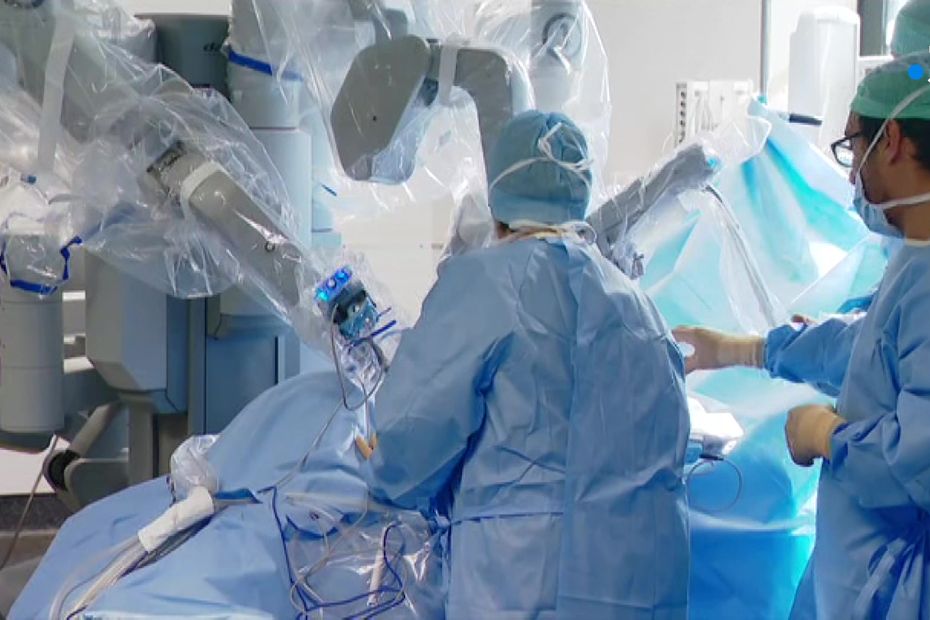The little girl and the mother are in good health. The latter had benefited in March 2019 from the first uterus transplant in France in the same hospital in Hauts-de-Seine.
–
Born on Friday February 12, the little girl weighs 1.845 kg. “Mother and child are fine”, wanted to reassure Professor Jean-Marc Ayoubi, head of the gynecology-obstetrics and reproductive medicine department of the Foch hospital, whose team made this French premiere possible.
The mother, Deborah, 36, had benefited in March 2019 from the first French uterus transplant, carried out by the same team – with the uterus of a living donor, who was none other than her then elderly mother. 57 years old. Born without a uterus, the patient has Rokitansky syndrome (MRKH), a condition that affects one in 4,500 women at birth.
“We always wait a year to be sure that the transplanted uterus is not rejected”, underlines Professor Ayoubi. An extended period due to the health crisis and the first confinement. “We had to make sure that the uterus that we were going to transplant was a healthy uterus, that the uterus that we were going to transplant was not a diseased uterus, and finally to make sure that the patient had a plan pregnancy and above all, an ovarian function that allowed her to have a pregnancy with her partner “, he explained at the time to France 3 Paris Ile-de-France.
video length: 01:49
–
A first uterus transplant in France
–
“Provisional registry”
The birth took place in very good conditions and without notable complications, according to Foch hospital. It intervened after 33 weeks of pregnancy (7 and a half months).
This pregnancy is a hope for patients born without a uterus or those who had to be removed. It represents an experimental alternative to surrogacy (Surrogacy), banned in France, or to adoption. The immunosuppressive (anti-rejection) treatment is less burdensome than for other organ transplants. It is suitable for pregnancy, as is done in the case of pregnant kidney transplant recipients.
This transplant is not intended to be permanent because of the anti-rejection treatment. It’s about a “provisional transplant” to have a child, recalls Pr Ayoubi. But, for those who want it, it is possible to carry a second pregnancy to term. This is the case with his patient, but “we will wait a year”. In Sweden, several women transplanted have had two children, adds the specialist.
Twelve years of research
“There have been around twenty births in the world” after uterine transplant, according to Prof. Ayoubi, also professor of medicine at the University of Versailles-Saint-Quentin-en-Yvelines (UVSQ).
This French premiere is the result of more than 12 years of research and collaboration, in particular with Sweden, where the world’s first transplant took place in 2014. The birth, which occurred one year after the transplant, had been announced in the prestigious journal The Lancet by the team of Professor Mats Brännström of the University of Gothenburg. The living donor was 61 years old.
For their part, the Brazilians managed to achieve the world’s first birth thanks to a uterus transplant from a deceased donor to a woman also born without a uterus due to the same syndrome as the French patient.
Further uterine transplants are planned at Foch Hospital for women born without a uterus. Professor Ayoubi’s team had received authorization from the Biomedicine Agency and the National Agency for the Safety of Medicines and Health Products (ANSM) to conduct a clinical trial for ten transplants with related living donors.
–


